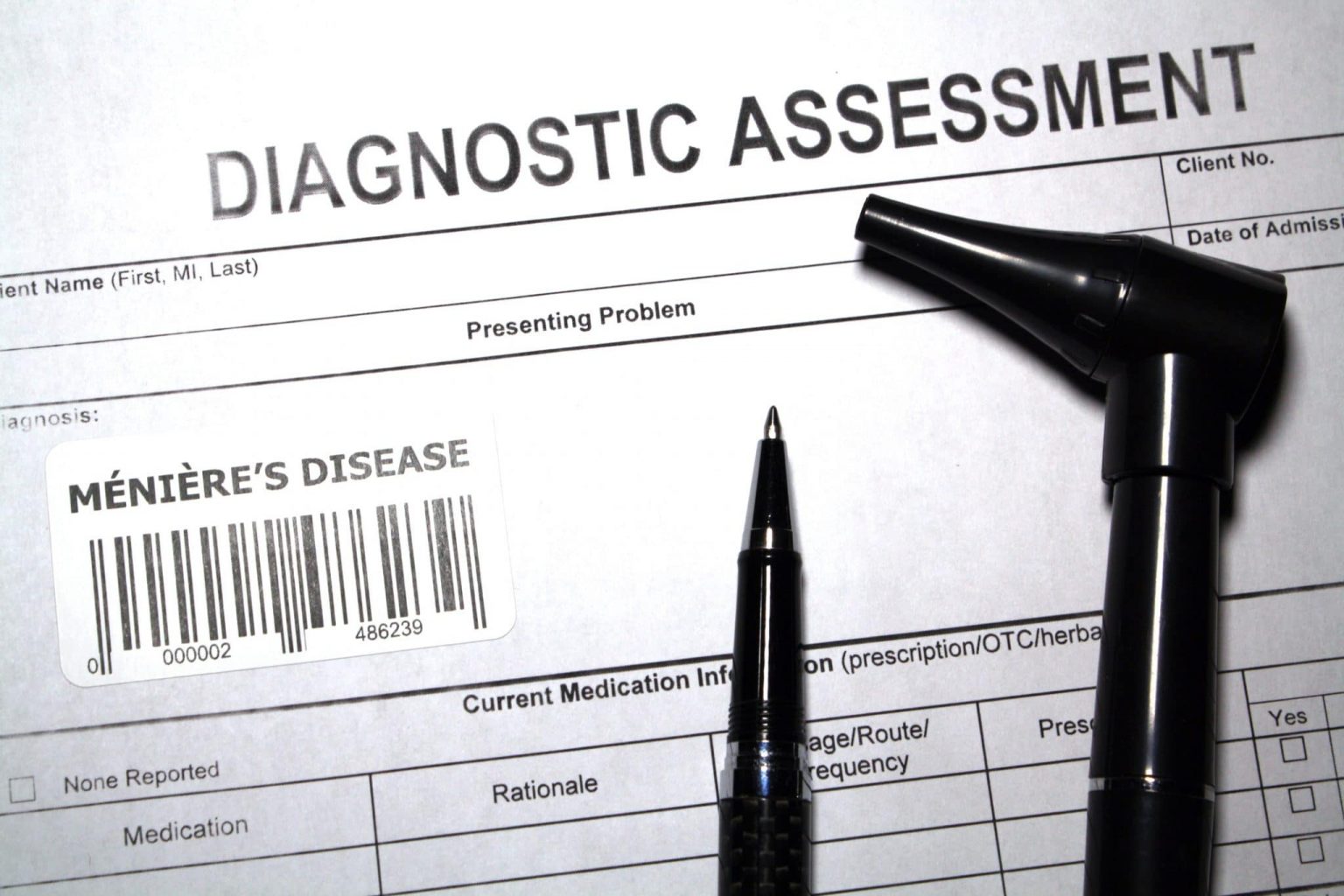Don’t Let Ménière’s Disease Take Over Your Life
Whether it’s noise sensitivity or dizziness, Ménière’s disease comes with a variety of symptoms that can feel debilitating and might even lead to you missing activities that are important to you. At Alpine Ear Nose & Throat PC, our doctors can provide treatment that will help ease these symptoms so you can get back to doing what you love.

What Is Ménière’s Disease?
Ménière’s disease is an inner ear disorder that leads to vertigo, tinnitus and hearing loss. The disorder is a result of excess fluid in the inner ear, but medical professionals aren’t sure what causes this to happen. Typically, Ménière’s disease only affects one ear.
People with Ménière’s disease experience:
- Loss of balance
- Dizziness
- Headaches
- Tinnitus
- Sensitivity to noise
- Pressure or fullness in the ear
- Fluctuating hearing loss
How Common Is Ménière’s Disease?
According to the National Institute on Deafness and Other Communication Disorders, approximately 615,000 people in the U.S. have been diagnosed with Ménière’s disease as of 2017. Around 45,500 new cases are diagnosed each year.
How Is Ménière’s Disease Diagnosed?
Our provider will take a medical history and conduct a physical exam. They might also perform a hearing assessment, balance assessment or a CT scan or MRI to rule out other conditions.
A diagnosis of Ménière’s disease requires:
- At least two episodes of vertigo that last between 20 minutes and 12 hours.
- Tinnitus or a feeling of fullness in the ear.
- Hearing loss.
- Ruling out other potential causes of these problems.
What Are Options for Treating Ménière’s Disease?
There is no cure for Ménière’s disease, but it can be managed in a variety of ways. Your doctor may suggest:
- Medications to reduce dizziness or nausea.
- Diuretics to reduce fluid in the inner ear.
- Reducing salt intake, which will cause the body to retain less fluid.
- Hearing aids to treat hearing loss associated with the disorder.
If your symptoms are particularly debilitating, additional options include:
- Pressure pulse treatment, which involves applying pressure to improve fluid flow through the ear.
- Injections of medications into the ear.
- Surgical procedures, which are typically reserved for the most extreme cases.
Can Counseling Help with Ménière’s Disease?
A mental health professional can connect you with techniques like mindfulness, cognitive behavioral therapy and acceptance and commitment therapy that will help you reduce the anxiety and other negative feelings caused by Ménière’s disease.
What Are the Next Steps?
Ménière’s disease can feel overwhelming because of the symptoms associated with it, but you don’t have to manage it on your own. Our team will support you from your initial diagnosis through ongoing treatment.
Call Alpine Ear, Nose & Throat at for more information or to schedule an appointment.